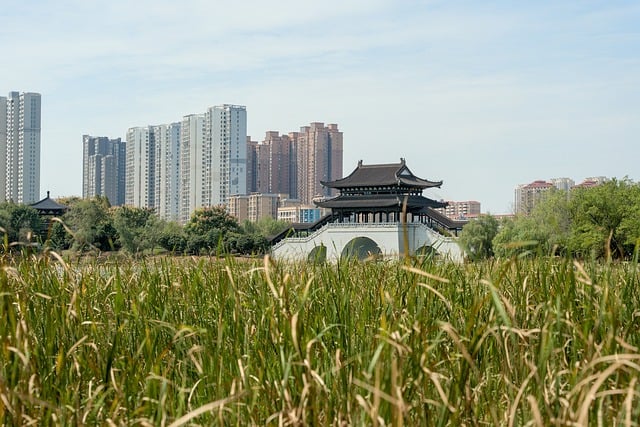The world around us is changing, and with it, the way we view our relationship with nature. Embracing sustainable living has never been more critical, and at the heart of this movement lies the concept of green development policy. This policy serves as a guiding star for communities aiming to harmonize growth and environmental stewardship. One of the most beautiful manifestations of this initiative can be seen in community gardens, where urban spaces transform into lush havens of eco-friendliness and nature’s bounty.
Imagine walking through your neighborhood and encountering vibrant patches of green, alive with the colors and scents of growing plants. Community gardens not only beautify our surroundings but also play a vital role in engaging residents in environmental consciousness. According to the principles of green development policy, such gardens facilitate sustainable food production, reduce the carbon footprint, and promote biodiversity.
With the advent of green development policies, communities are encouraged to reclaim unused land and convert it into productive spaces. This practice not only helps in mitigating urban sprawl but also fosters a sense of community as individuals come together to cultivate their gardens. In these shared spaces, friends and families can bond over planting seeds, tending to crops, and sharing harvests — all while being mindful of their ecological impact.
Gardening, once viewed merely as a leisure activity, has evolved into a crucial tool for environmental advocacy. Community gardens embody the essence of eco-conscious living, serving as living laboratories where residents can learn about sustainable practices. From composting to permaculture techniques, these green spaces educate individuals on the importance of nurturing our planet, thereby creating a culture of sustainability that extends beyond the garden.
The beauty of community gardens lies not only in their aesthetic appeal but also in their ability to foster a connection with nature. As people dig their hands into the soil, they develop a deeper appreciation for where their food comes from and the ecosystems that support it. This re-establishment of our roots encourages a healthier lifestyle, contributing to better mental and physical health in our communities.
Moreover, community gardens bolster social cohesion, inviting diverse groups to work side by side. In an age where digital interactions often overshadow face-to-face connections, these spaces allow individuals to come together — united by a shared mission of sustainability. The essence of the green development policy resonates deeply here, promoting inclusivity and cooperation as essential components of an environmentally conscious society.
As we embrace sustainable living, let us remember the power of community gardens and the role they play in our journey toward a greener future. By supporting green development policies, we are not just cultivating plants; we are fostering a movement that prioritizes our connection with nature, enhances our communities, and encourages future generations to respect the earth we inhabit.




